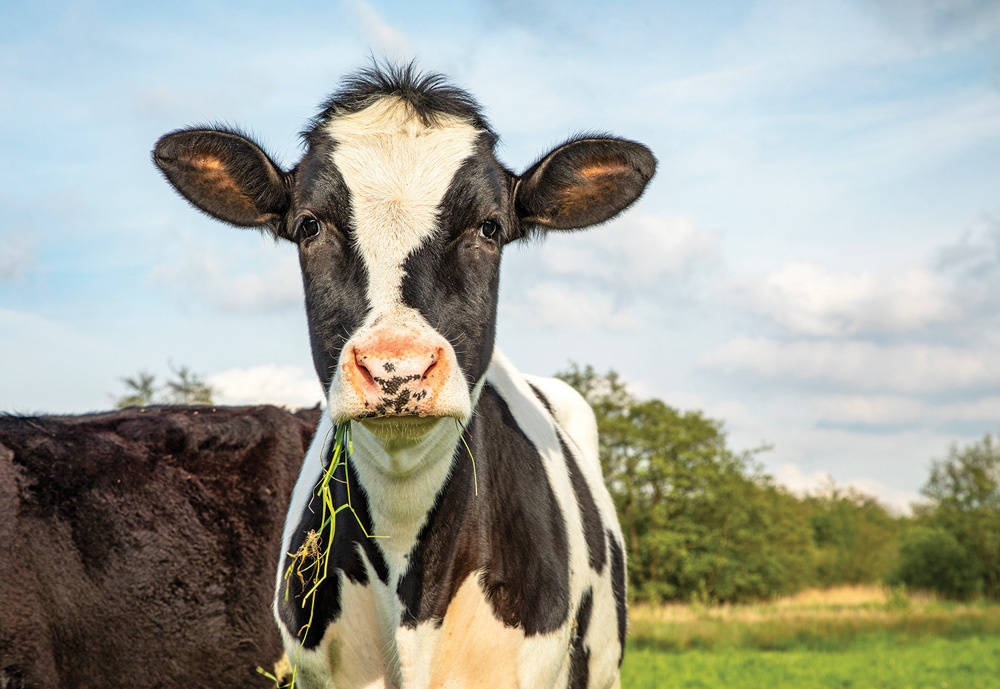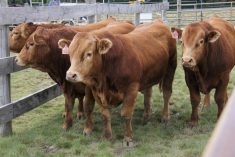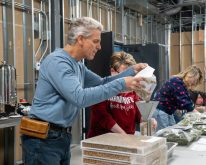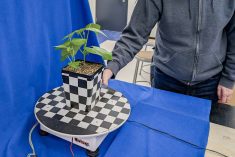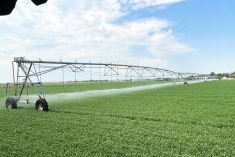Irish researchers say they’ve been able — sort of — to show that cows that aren’t allowed out on pasture “may have damaged emotional well-being.”
But the research from Queen’s University Belfast relied on a roundabout method to come to the conclusion that “livestock lockdown” takes a mental toll on cows.
The researchers set up an experiment to see if dairy cows demonstrated something that in humans is called judgment bias — namely that people who are depressed or suffering from anxiety tend to be pessimistic and aren’t expecting good things to happen to them.
Read Also
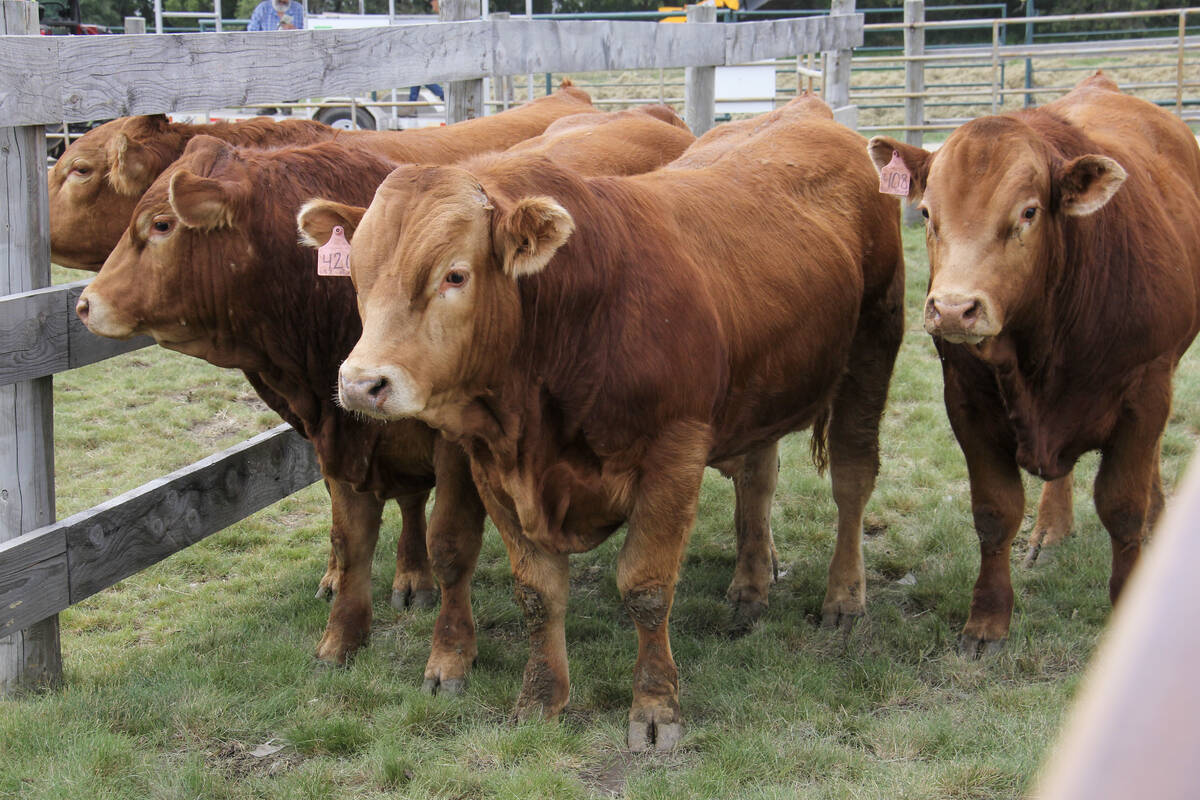
Saskatchewan Cattle Association demands halt to traceability amendments
SCA demands stop to traceability amendments and immediate CFIA reform, citing lost trust and need to move oversight to agriculture.
The researchers then trained 29 dairy cows using buckets of food. The cattle soon learned to approach a “food-rewarded bucket location,” but not approach another, unrewarded bucket location. Some of the cows were kept indoors for 18 days straight while others were put on pasture overnight during that time. (Later, the two groups were swapped.)
The researchers then introduced a wrinkle in their training — they put buckets between the “food-rewarded” location and the unrewarded bucket location.
The idea was, apparently, that a happy, optimistic individual might wander over to the new bucket to see if it held food while an unhappy one would be more likely to head straight over to the bucket that was a sure thing.
“The researchers found cows kept indoors full time were faster to approach the known rewarded bucket location,” the university said in a press release.
That’s a significant finding, said Andrew Crump, a post-doctoral researcher and lead author of a paper on the experiment.
“Our results indicate that pasture is a more rewarding environment for dairy cows, which may induce more positive emotional well-being than full-time housing,” he said. “We hope that our research encourages farmers, retailers, government and consumers that pasture access is important for cow welfare.”


